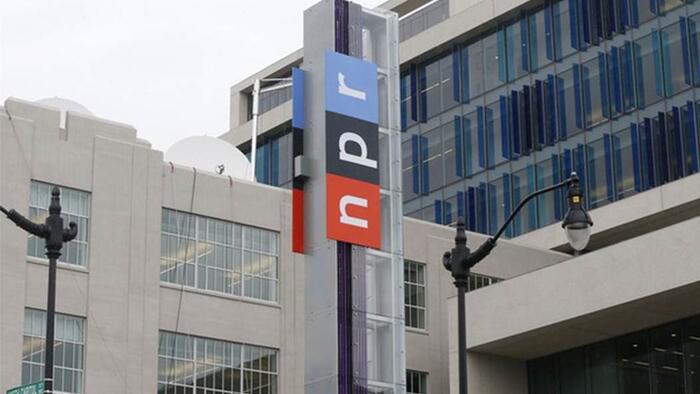What Happened?
- President Trump signed an executive order to stop federal (government) funding for two major public media organizations: NPR (National Public Radio) and PBS (Public Broadcasting Service).
- The government currently provides about $535 million per year to the CPB (Corporation for Public Broadcasting), which supports NPR, PBS, and local stations.
Why Did This Happen?
- The Trump administration claims NPR and PBS produce biased, left-leaning news and that taxpayers shouldn’t fund media that promotes a political agenda.
- The order argues that public media should be neutral and not favor any political side.
Key Terms Explained
- Federal Funding: Money from U.S. taxpayers, managed by the government.
- NPR/PBS: Nonprofit media networks known for news, educational shows (e.g., PBS Kids), and cultural programs.
- CPB: A government-created organization that distributes funds to public broadcasters.
Reactions
- Critics (NPR/PBS supporters): Argue this move harms access to local news, educational content, and emergency alerts. They say public media is a vital resource for communities.
- Supporters of the Order: Believe it’s unfair to use taxpayer money for media they view as politically biased.
Will NPR and PBS Shut Down?
- No. Both organizations also get money from donations, grants, and sponsors. However, losing federal funds could reduce their budgets and affect smaller local stations.
Trump’s Statement (Simplified)
- “Taxpayers shouldn’t pay for news that’s biased. Public media must be fair and neutral. No organization has a right to government money.”
Controversy Over Bias
- Critics of NPR/PBS: Claim their reporting often leans left (e.g., favoring progressive policies).
- NPR/PBS: Deny bias, saying they aim for balanced reporting.
Key Quote from the Original Article
“The decision is like catching a kid stealing cookies, then hearing them say, ‘I don’t even like cookies!’”
(Translation: Critics say NPR/PBS deny bias while relying on taxpayer funds.)
